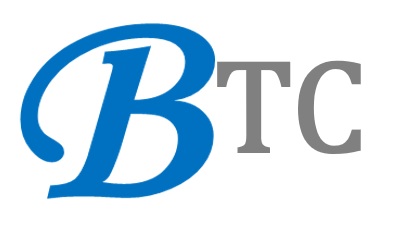
Organisational Signs and Sins
The lack of such synergy and balance is the source of many organisational sins, causing organisational ineffectiveness. Many such dysfunctional organisational behavioural sins are never discussed openly but only in the grape wine. This fuels frustrations and hidden agendas that affect morale, creativity, productivity and performance in a “Culture of Silence”, resulting in unresolved issues that manifest as silent protest and subtle sabotage.
Two recent examples that clearly demonstrate this “Culture of Silence” are observed in the case of Brexit and the unprecedented 2016 United States Presidential election’s results.
In both situations, the outcome was contrary to the popular survey conclusions. One wonders if these conclusions will be different if there was a concerted application of anthropology’s ethnographic principles which entail the need for collaboration, participative observation, leveraging on both humanistic and scientific elements as well as experimentation or prototyping.
Case studies
In another context, if not done effectively, we risk ourselves ending up like Nokia. As commented by its chairman that “we did everything right”, it was done without an anthropological view and all within the boundaries of the old game and out of sync with reality. When an organisation goes into a default ‘unthinking’ mode, it still thinks, but only within its old script. When change occurs, such an organisation loses its relevance and desirability.
Apple, on the other hand, proved otherwise turning itself around and creating sensational success through a single-minded approach of “Creating lifestyle, not gadgets… and bringing people together”.
Food giant with over 100 years of history, Nestle focuses on “more than food, it’s nutrition”. It enables them to achieve long-term success by creating value for its customers and addressing its customer experience on a broader sense.
Therefore, the new “antrophillic” organisation of the 21st century must enable an environment for its corporate citizens to contribute towards addressing social “issues” and make money doing it, and this starts with having the right structure.
Steering and staying ahead by Design
To navigate in the light of the changing landscape, we must reformulate our story, strategy and system to stay ahead using accurate mental and business models that are anthropologically attuned to the trends, taste and technologies of the time.
We need to funnel every facet of the organisation’s culture, leadership, structure, process and talent through the anthro-lens to steer ahead.
Such companies become adaptable and agile by design. They design this thinking system into the fabric of the organisation that acts as a cybernetic system programmed to continually see and sense opportunities to stay ahead.
Making the change
To design such an organisation, the culture, leadership, structure, process and talent dimensions must be synchronised to create real value.
Anthropologically speaking, a business ultimately has one sole purpose; i.e. “to create a great user experience” and “great working experience” if everyone is just doing this “one thing”, then all else will fall into place.
When applied through the anthrophillic lens, we can transition from a retro organisation to an anthro one with change as reflected in figure below.

New power values for the 21st century organisation
This post is written by our Senior Advisor, Alan Teo from his book, “Creating Winning Culture and Building Supertalent”.

